Top 5 Reasons to Add Magnesium Glycinate to Your Supplement Routine
Top 5 Reasons to Add Magnesium Glycinate to Your Supplement Routine
Magnesium is an essential mineral that plays a vital role in over 300 biochemical reactions in the body. From energy production and protein synthesis to muscle function and nerve transmission, magnesium is crucial for maintaining overall health. Despite its importance, many people don't get enough magnesium from their diets, leading to deficiencies that can impact various bodily functions.
Magnesium glycinate is a highly absorbable form of magnesium that combines magnesium with glycine, an amino acid. This combination not only enhances magnesiums bioavailability but also provides additional calming effects, making it a preferred choice for supplementation.
What is Magnesium Glycinate?
Magnesium glycinate is a chelated form of magnesium, meaning it is bound to the amino acid glycine. This binding process makes magnesium more stable and easier for the body to absorb compared to other forms of magnesium.
- Definition and Composition: Magnesium glycinate consists of magnesium ions bound to glycine molecules. This structure enhances its absorption in the digestive tract, minimizing gastrointestinal discomfort that can be associated with other magnesium supplements.
- Differences from Other Forms of Magnesium: Unlike magnesium oxide or magnesium citrate, which can cause digestive issues like diarrhea, magnesium glycinate is gentle on the stomach. Its superior absorption rate ensures that more magnesium reaches your bloodstream, providing maximum benefits with fewer side effects.
Top 5 Reasons to Add Magnesium Glycinate to Your Supplement Routine
Are you looking to enhance your health and wellness? Magnesium glycinate might be just the supplement you need. Here are the top five reasons to consider adding it to your daily routine:
1. Improved Sleep Quality
One of the standout benefits of magnesium glycinate is its ability to promote better sleep. This form of magnesium is known for its calming effects on the nervous system, which can help reduce insomnia and improve overall sleep quality. If you struggle with restless nights, incorporating magnesium glycinate might help you achieve the restful sleep you need.
- Why it works: Magnesium plays a crucial role in regulating neurotransmitters that calm the mind and body. Glycinate, a form of glycine, enhances these effects, making it an ideal choice for sleep support.
- Tip: Take magnesium glycinate an hour before bed for the best results.
2. Enhanced Muscle Function and Recovery
Whether you're an athlete, a fitness enthusiast, or simply someone who enjoys staying active, magnesium glycinate can support your muscle health. This supplement helps prevent muscle cramps and spasms, reduces soreness, and aids in faster recovery post-exercise.
- Why it works: Magnesium is essential for muscle contraction and relaxation. Adequate levels help maintain electrolyte balance and reduce the risk of muscle issues.
- Tip: Consider taking magnesium glycinate after workouts to support muscle recovery.
3. Mental Health and Stress Reduction
In our fast-paced world, stress and anxiety are common issues. Magnesium glycinate has been shown to have a positive impact on mental health, helping to reduce stress and anxiety levels. It supports the production of serotonin, a neurotransmitter that regulates mood.
- Why it works: Magnesiums role in neurotransmitter function and its calming effects on the nervous system make it a natural aid for reducing anxiety and promoting a sense of calm.
- Tip: Incorporate magnesium glycinate into your daily routine to help manage stress and improve overall mood.
4. Bone Health Support
Magnesium is a key player in bone health, and magnesium glycinate is an excellent way to ensure you're getting enough of this vital mineral. It works synergistically with calcium to maintain bone density and strength, which is especially important as we age.
- Why it works: Magnesium helps regulate calcium levels in the body, contributing to the structural development of bones.
- Tip: Pair magnesium glycinate with calcium supplements or a diet rich in calcium for optimal bone health benefits.
5. Cardiovascular Health
Maintaining a healthy heart is crucial, and magnesium glycinate can play a significant role in cardiovascular health. It helps regulate blood pressure, supports healthy heart rhythms, and promotes overall cardiovascular function.
- Why it works: Magnesium is essential for heart health, helping to regulate blood pressure and prevent irregular heartbeats.
- Tip: Regular intake of magnesium glycinate can support long-term heart health, making it a valuable addition to your supplement routine.
Who Should Consider Taking Magnesium Glycinate?
Magnesium glycinate can benefit a wide range of individuals, particularly those who:
- Have Magnesium Deficiency: Common symptoms include muscle cramps, fatigue, and irritability.
- Experience Chronic Stress or Anxiety: Its calming effects can help manage stress levels.
- Suffer from Sleep Disturbances: It promotes better sleep quality.
- Are Athletes or Physically Active: Supports muscle recovery and function.
- Have Bone Health Concerns: Essential for maintaining bone density, especially in older adults.
How to Take Magnesium Glycinate
- Recommended Dosage: Typically, 200-400 mg per day. Always follow the advice of a healthcare provider.
- Best Times to Take: Before bed for sleep support or after workouts for muscle recovery.
- Possible Interactions: Be cautious of interactions with certain medications, such as antibiotics and blood pressure drugs. Always consult a healthcare provider.
Food Sources of Magnesium
While supplements are a great way to ensure adequate magnesium intake, incorporating magnesium-rich foods into your diet can provide additional benefits. Some excellent food sources include:
- Leafy Greens: Spinach, kale, and Swiss chard.
- Nuts and Seeds: Almonds, cashews, pumpkin seeds, and sunflower seeds.
- Whole Grains: Brown rice, quinoa, and oats.
- Legumes: Black beans, lentils, and chickpeas.
- Fish: Salmon and mackerel.
- Fruits: Avocados and bananas.
Potential Side Effects and Safety Considerations
Magnesium glycinate is generally well-tolerated, but some individuals may experience mild side effects, such as:
- Digestive Issues: Diarrhea or stomach cramps.
- Low Blood Pressure: Excessive intake can lead to lower blood pressure.
Who Should Avoid Magnesium Glycinate?
- People with severe kidney disease should avoid magnesium supplements unless directed by a healthcare provider.
Consult a Healthcare Provider:
- Always seek professional advice before starting any new supplement to ensure its appropriate for your individual health needs.
As You Can See
Magnesium glycinate offers a range of health benefits, from better sleep and improved muscle function to enhanced mental health, bone support, and cardiovascular health. Adding this supplement to your routine can help you achieve and maintain optimal wellness. Remember, it's always a good idea to consult with a healthcare professional before starting any new supplement to ensure it's the right choice for your individual needs.
Ready to experience the benefits of magnesium glycinate? Start your journey towards better health today!
Always Remember...
We would love to hear your thoughts on this, or any other article we write, so please, drop us your comments, ideas, input, and suggestions in the comments below.
And, by all means, if you think anyone in your world might like something we write, use the share buttons below to help us spread the word!
Until next time...PROGRESS, not PERFECTION!
Don't forget, always consult your physician before making any changes to your diet or exercise regimen.
Live a 3D Life...Decisions Determine Destinations!

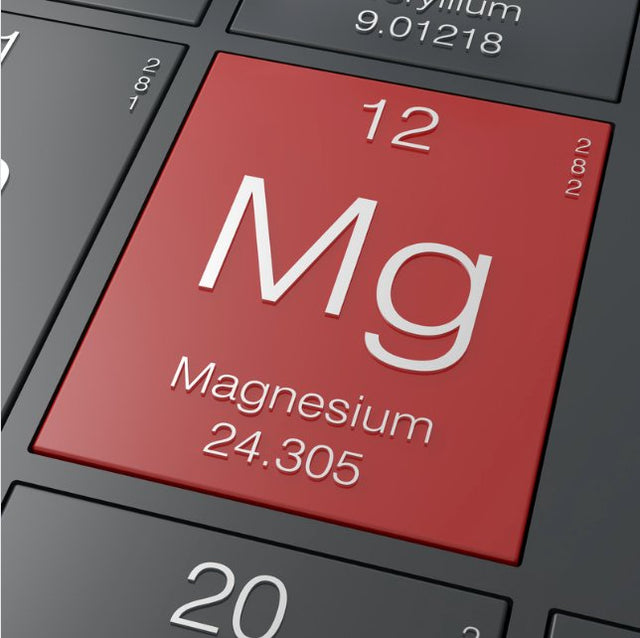
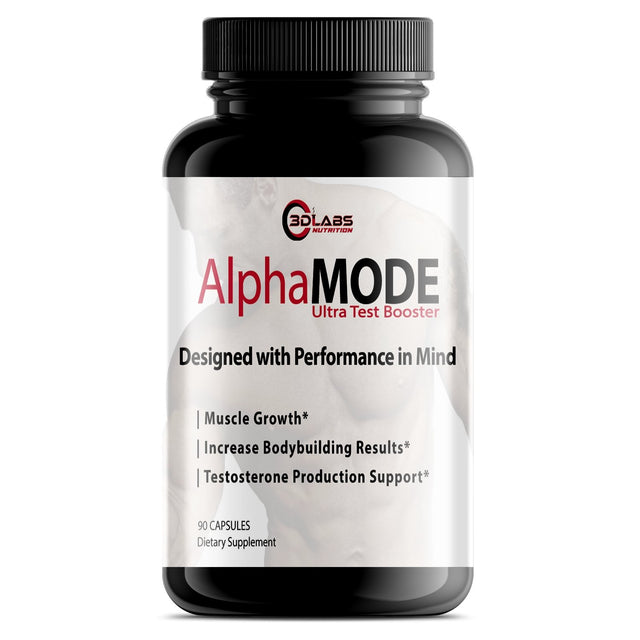

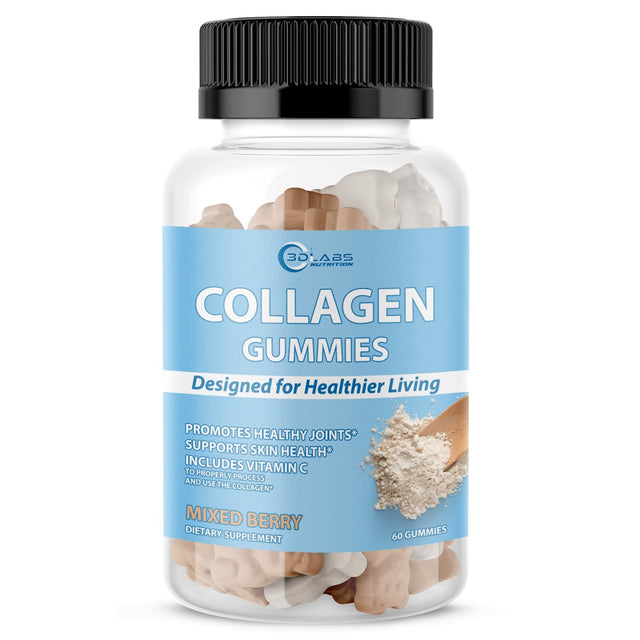
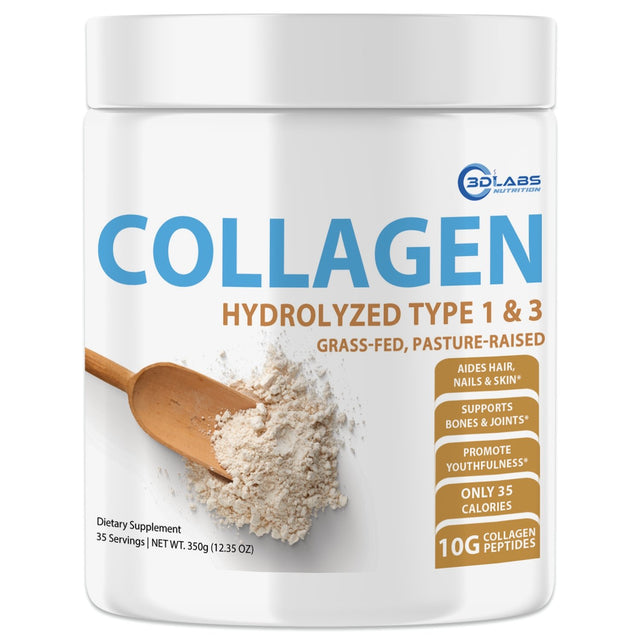

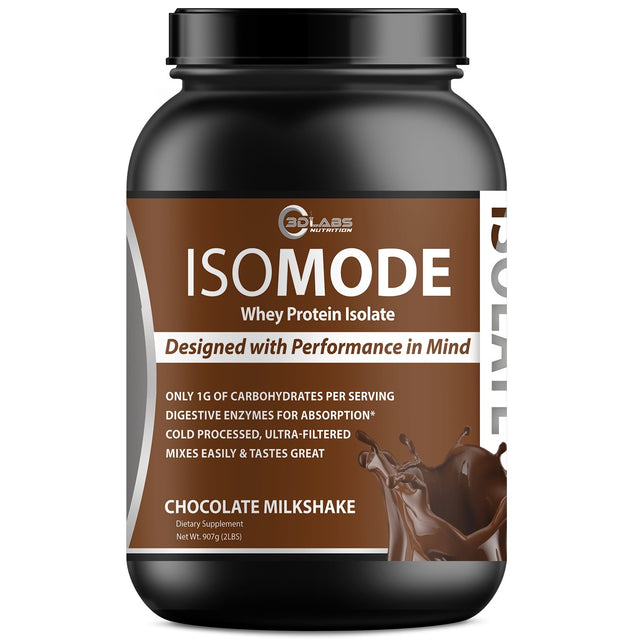
0 Comments
There are no comments for this article. Be the first one to leave a message!